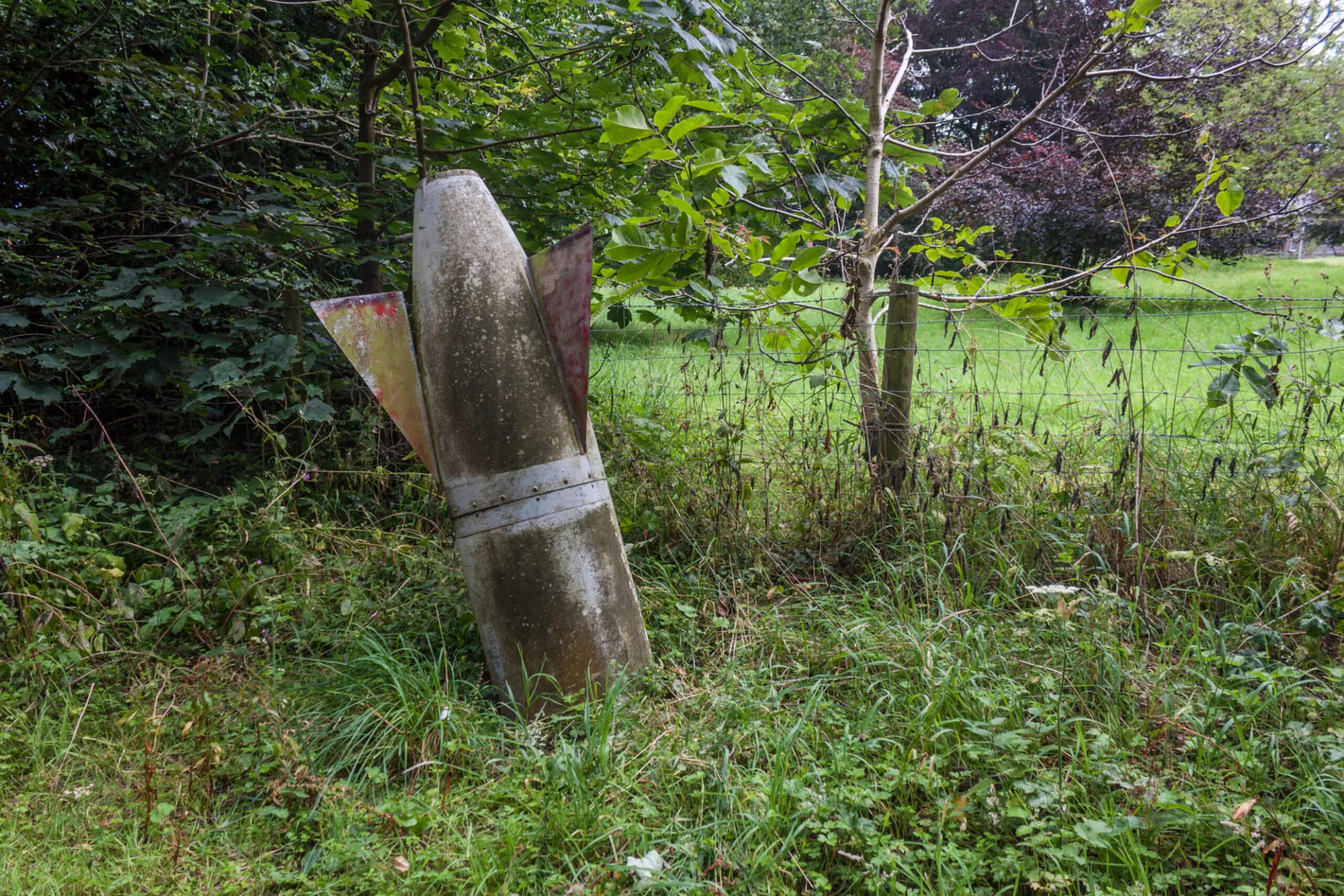I began writing this on the Friday before a massive bombing campaign was launched against Iran. Overnight, the global dynamic shifted, and I was forced to revise much of what I had originally written. Whether you believe this is another “WMD” moment—repeating the mistakes of the past—or that Iran truly stood on the brink of nuclear capability is, at this point, irrelevant. What matters now is that we are at war once again, in a region where history has shown the outcomes to be failures or endless quagmires.
Historically, war has often buoyed investment markets, particularly in sectors like technology and defense. But that growth comes at a cost: heightened risk to the everyday freedoms and comforts we often take for granted. I grew up in a time when you could meet friends and family right at the gate of a plane. My children—born after 2000—will never know that experience. They live in a different world, shaped by security concerns and the ripple effects of conflict.
Until this late-June shift, our outlook for the remainder of the year was for a moderately higher market and continued outperformance. But now, we face a double-edged sword. Defense and tech could drive markets upward, yet the broader consequences of escalating conflict could bring extreme volatility and disrupt the way we live. At minimum, we may witness new layers of security, further eroding small, once-normal experiences from our daily lives.
This isn’t a message of doom. Rather, it’s a call to be aware—aware of how a single action can redirect the future, for better or worse. I’m reminded of a game I loved in my early adulthood: Fable. The game begins with your character, a young orphan, raised by monks who teach you history, combat, politics, and ethics. When you’re finally released into the world, the senior monk leaves you with one simple phrase that always stuck with me: “You will do GREAT things.”
Great things are not necessarily good or bad. They can be both. That’s the essence of moral complexity. Dropping bombs is, inarguably, a great thing—an act of massive consequence. But greatness doesn’t equal goodness. The real impact lies in the chain of outcomes it sets into motion—some beneficial, others destructive.
I’ll close with an ethical dilemma of our time: Artificial Intelligence. It has become ubiquitous—and an extraordinary investment. It has already done great things. But here’s the question I ask myself, and one I pose to you:
Would you teach everything—both good and bad—to a young, evolving mind, only knowing the outcome will be GREAT things?


